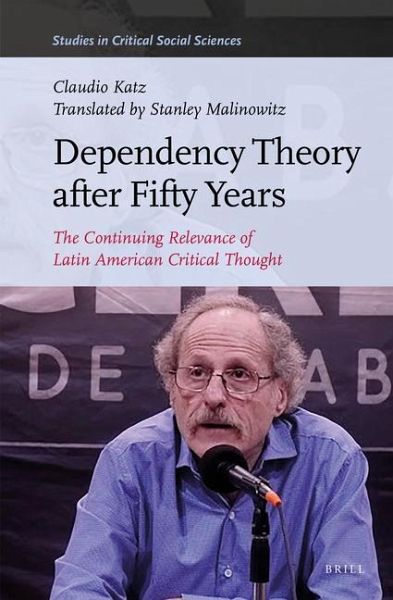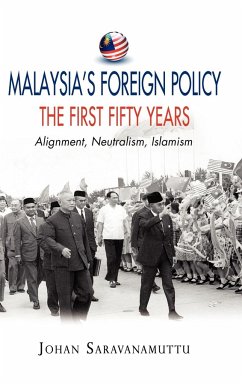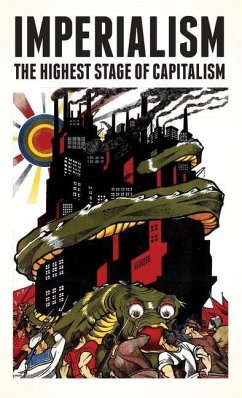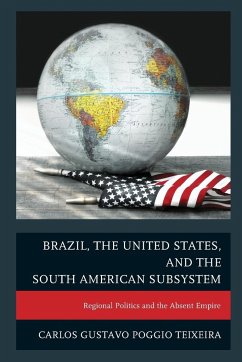
Dependency Theory After Fifty Years
The Continuing Relevance of Latin American Critical Thought
Versandkostenfrei!
Versandfertig in über 4 Wochen
150,99 €
inkl. MwSt.
Weitere Ausgaben:

PAYBACK Punkte
75 °P sammeln!
This book offers an assessment of Dependency Theory and discusses its relevance and renewal in light of the current political reality of Latin America.












